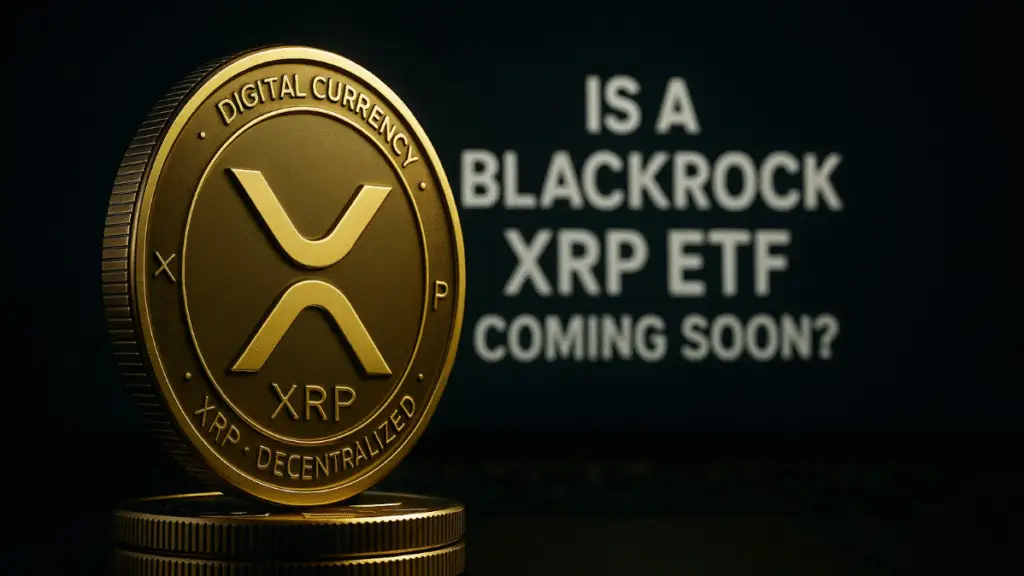SEC Rolls Out Crypto Rules to Boost Innovation and Protect Investors
The Philippine Securities and Exchange Commission (SEC) has released new regulations to govern the operations of crypto-asset service providers (CASPs). The rules, under Memorandum Circular Nos. 4 and 5, Series of 2025, were issued to balance the promotion of innovation with the need to safeguard market integrity. These circulars specifically target the fast-evolving crypto sector by establishing a framework for regulatory compliance. Through these guidelines, the SEC aims to build trust among investors and foster responsible digital asset growth in the country.
Rules Define Crypto Assets and Demand Regulatory Compliance
Crypto-assets are now formally defined by the SEC as cryptographically secured digital representations of value or rights. If a crypto-asset meets the legal definition of a security under the Securities Regulation Code, it must undergo registration and approval. This ensures that any offering to the public is first vetted by the commission for legitimacy and investor safety. The move represents a major shift in how digital tokens will be treated under Philippine law moving forward.
CASPs Must Register and Secure Multiple Licenses
Any entity involved in the offering, selling, or marketing of crypto-assets must register as a corporation. These firms must also secure all relevant licenses not only from the SEC but also from other regulatory bodies such as the Bangko Sentral ng Pilipinas (BSP). The updated framework prohibits unregistered or unlicensed marketing of crypto-assets in any form. This sets a clear legal standard and creates accountability for firms seeking to operate in the country’s crypto market.
Educational Content Gets an Exemption
Interestingly, the SEC clarified that content purely intended for educational purposes will not be considered marketing. This exemption applies only if the materials are created in good faith and are not part of a promotion or sales effort. By doing so, the commission ensures that educational initiatives on blockchain and crypto can continue without fear of regulatory backlash. It’s a welcome relief for educators, researchers, and information-sharing platforms in the crypto space.
ICOs Fall Within the New Regulatory Scope
Initial coin offerings (ICOs) are now explicitly covered by the updated rules. Before launching an ICO, a provider must publish comprehensive disclosure documents outlining the crypto-asset’s technical features, issuer credentials, associated risks, and underlying blockchain protocol. These documents will help investors make informed decisions and spot potential red flags. The SEC wants to prevent hype-driven token sales that could end in rug pulls or scam exits.
Disclosure Required 30 Days Before Promotion
The new guidelines require that all CASPs publish their disclosure documents at least 30 days before engaging in any promotional activity. This lead time allows the public and regulators to properly review the legitimacy of the project. By mandating early transparency, the SEC aims to weed out opportunistic or hastily launched offerings. This provision is a strong deterrent against schemes that seek to exploit investor FOMO (fear of missing out).
SEC and AMLC to Oversee CASPs Jointly
CASPs are now categorized as “covered persons,” placing them under the shared supervision of the SEC and the Anti-Money Laundering Council (AMLC). This joint oversight is designed to ensure that crypto platforms do not become conduits for illicit financial activity. The regulation also supports global efforts to track suspicious transactions and counter terrorism financing. It reflects a growing international consensus on crypto regulation and surveillance.
Minimum Capital and Office Requirements Set
To qualify for operations, crypto-asset providers must be incorporated with a minimum paid-up capital of ₱100 million, excluding crypto-assets. They must also maintain a staffed physical office in the Philippines, establishing a clear point of accountability. These requirements are meant to filter out unserious players and raise the overall quality of crypto ventures. Filing fees start at ₱50,000, with ongoing supervision fees based on company revenues.
Operational Reports and Asset Segregation Are Mandatory
Once registered, CASPs are obligated to submit operational data such as the number of active users, daily trading volume, and settlement values. Firms must also ensure a strict separation between their own assets and those of their customers. This rule is intended to protect investor funds in case of company insolvency or financial mishandling. It’s a safeguard that mirrors similar best practices in traditional finance.
Data Storage and IT Conditions Specified
A local data center is now required for all CASPs, ensuring that records are stored securely and within reach of regulators. However, firms may outsource IT operations to offshore providers as long as they meet the SEC’s compliance conditions. This hybrid model offers flexibility while preserving regulatory control over sensitive infrastructure. It also reinforces the country’s data sovereignty and digital security objectives.
Violations Face Heavy Penalties and Possible Jail Time
The SEC reserves the right to suspend or revoke a CASP’s license for failure to comply with these rules. Infractions can lead to imprisonment ranging from one to five years, or fines between ₱50,000 and ₱10 million. These penalties are designed to be strong deterrents against misconduct in the crypto sector. The message is clear: operate legally, or face serious consequences.
SEC Sandbox Supports Regulated Innovation
To encourage innovation under regulatory watch, the SEC has launched the Strategic Surveillance and Enforcement Sandbox (StratBox). This program allows licensed entities to test new crypto services in a live but controlled environment. Current participants include G-Xchange Inc. (GCash) and Indonesia’s Macodimarch Technology Corp. (Pluang PH). The sandbox ensures that innovation does not come at the expense of compliance and user safety.
Infrawatch Urges Government to Block Illegal Platforms
Policy watchdog Infrawatch has urged the SEC to collaborate with the National Telecommunications Commission to restrict access to unlicensed crypto platforms. They highlighted the government’s move to block Binance as a successful precedent. These efforts aim to prevent rogue operators from exploiting loopholes and attracting unwary investors. The call to action emphasizes the importance of inter-agency coordination in enforcing crypto regulations.
Sandboxes Help Legitimate Firms, Warns Infrawatch
Infrawatch convener Terry Ridon noted that sandbox environments benefit only those entities that are licensed and operating in good faith. He warned that unregulated firms, by evading these controls, distort the market and undermine trust. This creates an uneven playing field where rule-breakers thrive and compliant businesses suffer. Ridon emphasized that proper enforcement is key to maintaining credibility in the digital asset sector.
A Call for Stronger Oversight and Transparency
In conclusion, Ridon called on the government to anchor digital asset development in a robust framework of transparency and law enforcement. He stressed that a dual approach—fostering innovation while punishing violations is essential for long-term success. Without strong oversight, the public remains vulnerable to fraud and manipulation. For the crypto sector to mature in the Philippines, regulation must be taken seriously by all stakeholders.















